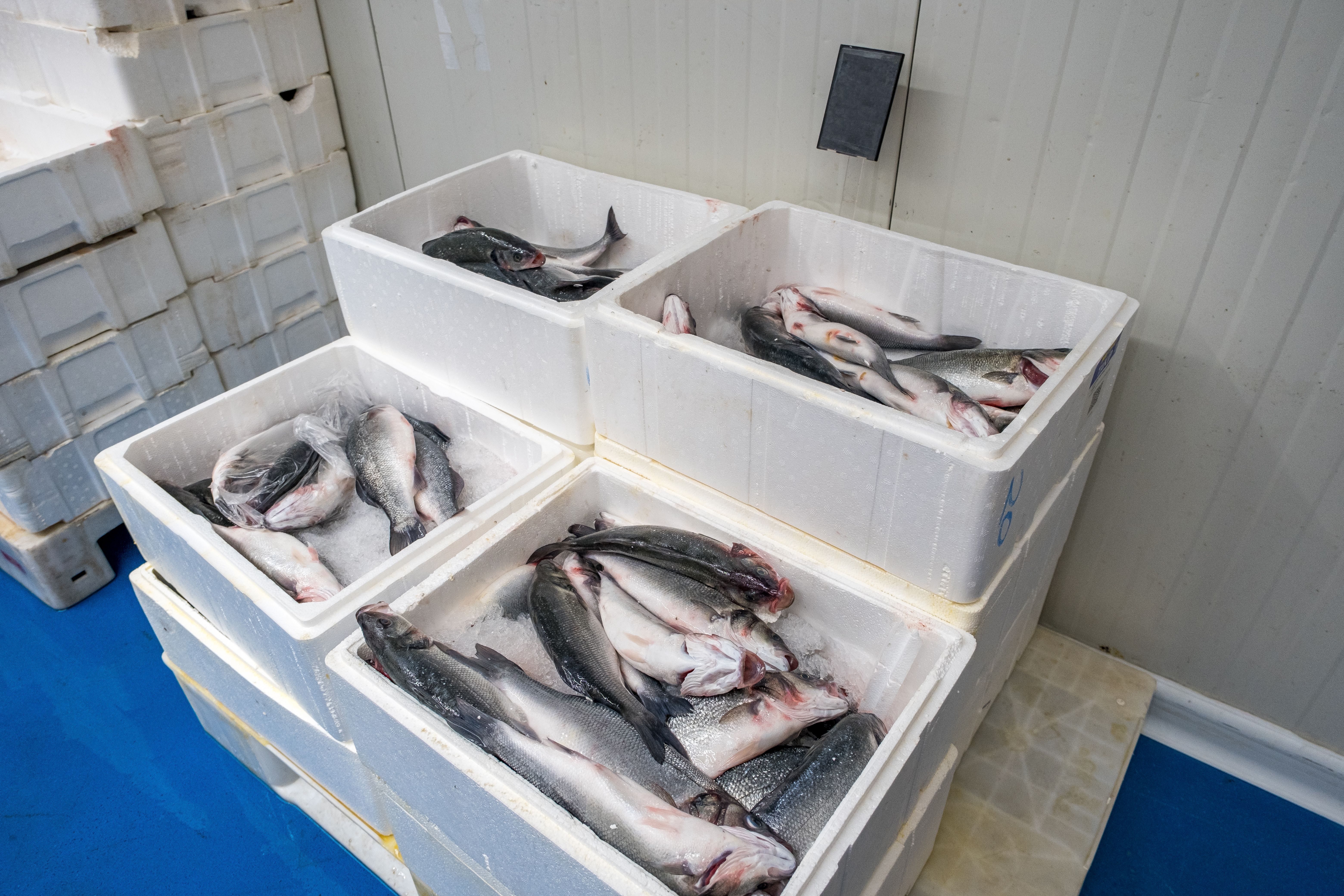The Importance of Cold Storage in Fish Processing
Understanding Cold Storage in Fish Processing
In the fish processing industry, maintaining the freshness and quality of seafood is paramount. One of the most critical components of this industry is cold storage. The ability to store fish at low temperatures ensures that it remains safe for consumption and retains its taste and texture.
Fish is a highly perishable product. Without proper storage, it can quickly spoil, leading to significant losses for businesses. Cold storage facilities are designed to preserve the quality of fish from the moment it is caught until it reaches the consumer's plate.

Benefits of Cold Storage
One of the primary benefits of cold storage is the extension of shelf life for fish products. By maintaining a consistent low temperature, cold storage slows down the growth of bacteria and other microorganisms that cause spoilage. This not only helps in preserving the fish but also ensures it remains safe to eat.
Cold storage also aids in maintaining the nutritional value of fish. Fresh fish is rich in omega-3 fatty acids, vitamins, and minerals, which are essential for a healthy diet. By keeping fish at optimal temperatures, these nutrients are preserved, providing consumers with a product that is both nutritious and delicious.
The Role of Technology
Advancements in technology have revolutionized cold storage systems in recent years. Modern facilities are equipped with state-of-the-art refrigeration units that provide precise temperature control. This ensures that fish products are stored under ideal conditions at all times.
Innovations such as automated temperature monitoring and energy-efficient cooling systems have further enhanced the efficacy of cold storage facilities, making them more reliable and environmentally friendly.

Challenges in Cold Storage
Despite its advantages, cold storage presents certain challenges. Energy consumption is a major concern, as maintaining low temperatures requires significant power. This can have environmental implications and increase operational costs for businesses.
Additionally, maintaining a consistent temperature is crucial. Fluctuations can lead to partial thawing and refreezing, which can compromise the quality of the fish. Thus, regular maintenance and monitoring are essential to ensure the effectiveness of cold storage systems.
Best Practices for Effective Cold Storage
To optimize cold storage operations, businesses should follow best practices such as:
- Regularly inspecting refrigeration equipment for any signs of wear or malfunction.
- Implementing energy-efficient practices to reduce power consumption.
- Training staff on proper handling and storage procedures to minimize temperature fluctuations.
By adhering to these practices, businesses can enhance the efficiency of their cold storage systems and reduce their environmental footprint.
The Future of Cold Storage in Fish Processing
The future of cold storage in fish processing looks promising, with continuous innovations driving improvements in efficiency and sustainability. As technology evolves, we can expect even more advanced systems that further enhance the preservation of fish products.
Ultimately, the importance of cold storage in fish processing cannot be overstated. It plays a crucial role in ensuring the safety, quality, and availability of fish products worldwide, making it an indispensable part of the seafood industry.
Commercial Kitchen Marketplace
Your one-stop online destination for equipping professional kitchens. Discover a wide selection of durable, high-quality commercial-grade appliances, from heavy-duty ovens and refrigeration units to efficient food preparation tools and essential kitchenware. Visit our store: http://avice.org
